1. Who composed "O is round like a chicken egg, O wears a hat, O has a beard..."?
- Nguyen Van To0%
- Hoang Xuan Han0%
- Ta Quang Buu0%
- Tran Van Khe0%
"O round like a chicken egg
Oh, wear a hat, Oh, have a beard
I, The sheet has both hooks
Short I has dots, Long I has horizontal lines”…
The simple, familiar six-eight verses above, like folk songs, were composed by Professor Hoang Xuan Han and recorded in the book National Rhyme .
These interesting and easy-to-remember verses had a huge impact on the "popular education" movement to eradicate illiteracy in 1945-1946, helping millions of people escape illiteracy.
2. Where is this professor from?
Professor Hoang Xuan Han was born in Nhan Tho commune, Yen Ho canton, La Son district, Ha Tinh province, now Bui La Nhan commune, Ha Tinh province. He was born on January 7, Mau Than year (March 7, 1908), but his identity card mistakenly stated March 3, 1909.
He is considered a scholar in many fields: Social sciences - humanities, natural sciences and technical sciences. He contributed much to laying the foundation for modern Vietnamese education and academia. In Professor Hoang Xuan Han, scientific intelligence is always combined with love and responsibility for the country and homeland.
3. In 1936, what degree did he receive and where?
- Master of Physics - Sorbonne (France)0%
- Master of Mathematics - Sorbonne (France)0%
- Bachelor of Mathematics - École Polytechnique (France)0%
- Nuclear Engineer - Saclay (France)0%
After passing the science certificates, having a bachelor's degree from the Polytechnic School and an engineering degree from the Ponts et Chaussées School of Paris, in 1936 he obtained a master's degree in Mathematics from the Sorbonne University after only one year of additional self-study. He was one of the first Vietnamese to have a Master's degree in Mathematics in France.
Later (1956), he also received a degree in atomic engineering from Saclay University, demonstrating rare interdisciplinary depth and learning.
4. In the Tran Trong Kim Government (April 1945), what position did he hold?
- Minister of the Interior0%
- Minister of Education and Fine Arts0%
- Minister of Finance0%
- Minister of Defense0%
When returning to Vietnam from France in 1936, Professor Hoang Xuan Han taught mathematics at Buoi School and the Public Works, Agriculture and Forestry, and Military Schools. He participated in many scientific forums and was active in many social activities: publishing the Science Journal, disseminating scientific knowledge to the public, and serving as Head of the Editorial Board of the National Language Propagation Association. In April 1945, he joined the Tran Trong Kim Government, holding the position of Minister of Education and Fine Arts.
As Minister, he developed and promulgated the General Secondary Education Program, abolished the primary college level from June 1945, paving the way for teaching in Vietnamese in secondary schools and universities (basic science subjects such as Mathematics, Physics, Chemistry, Biology). This was an important starting step for the modern Vietnamese education model, emphasizing the scientific - practical nature and the spirit of "softening" the program.
5. Approximately how many terms does your Scientific Nouns set contain?
- 6000%
- 2,0000%
- Nearly 5,0000%
- More than 6,0000%
According to Nhan Dan Newspaper, more than 6,000 scientific nouns in the fields of Mathematics, Chemistry, Physics, Astronomy... contained in the Scientific Nouns collection by Professor Hoang Xuan Han have met the essential requirements of using scientific nouns in Vietnam. With the Scientific Nouns collection, Professor Hoang Xuan Han's contribution does not stop at scientific thinking but also brings scientific language into Vietnamese.
With his knowledge of Chinese, French and Vietnamese, Professor Hoang Xuan Han contributed to perfecting and developing Vietnamese to a higher level, not stopping at daily speech and writing but having a system of scientific nouns.
6. Which complex of works is associated with the Ho Chi Minh Prize (2000) awarded to him?
- Brief History of Vietnam; Vietnamese Civilization; Vietnamese Poets0%
- Complete works of Nguyen Du; History of ancient and medieval Vietnam; National literature textbooks0%
- Ly Thuong Kiet; La Son Phu Tu; Calendar and Vietnamese Calendar0%
- Complete Annals of Dai Viet; Imperially Approved Complete Annals of Vietnam; Chronicle of the Unified Annals of the Le Dynasty0%
- 0%
In 2000, Professor Hoang Xuan Han was posthumously awarded the Ho Chi Minh Prize for Social Sciences and Humanities for his works on Vietnamese History and Calendar: Ly Thuong Kiet; La Son Phu Tu; Calendar and Vietnamese Calendar.
All of Professor Hoang Xuan Han’s works are written in Vietnamese. He did not intend to write books in foreign languages, but advocated “writing books in Vietnamese for our compatriots and our descendants to read. Read to know history, to believe in our ancestors.”
7. What best demonstrates Professor Hoang Xuan Han's love and national pride during his nearly 50 years living in France?
- He regularly organizes cultural exchange activities between Vietnam and France.0%
- He kept his Vietnamese passport until the end of his life despite living in France for many years.0%
- He founded many scientific research groups in Paris.0%
- He taught at many French universities.0%
Living in Paris for nearly 50 years, Professor Hoang Xuan Han has made significant contributions to the Vietnamese community in France in particular and to the Vietnamese people in general. His contributions have become one of the factors that have created the foundation for a sustainable Vietnamese community in France. The pride of being Vietnamese follows Professor Hoang Xuan Han until the end of his life. He is one of the very few people who still retain a Vietnamese passport after many years of settling in France.
Source: https://vietnamnet.vn/o-tron-nhu-qua-trung-ga-la-cau-tho-do-vi-giao-su-toan-nao-sang-tac-2439876.html


![[Photo] Cutting hills to make way for people to travel on route 14E that suffered landslides](https://vphoto.vietnam.vn/thumb/1200x675/vietnam/resource/IMAGE/2025/11/08/1762599969318_ndo_br_thiet-ke-chua-co-ten-2025-11-08t154639923-png.webp)







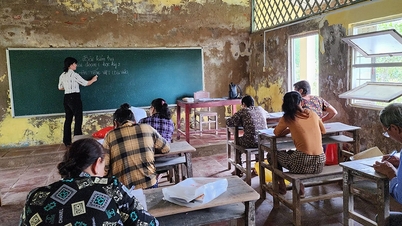

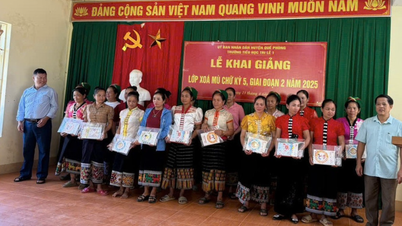

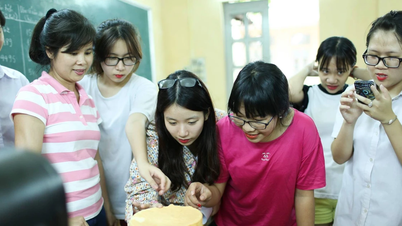


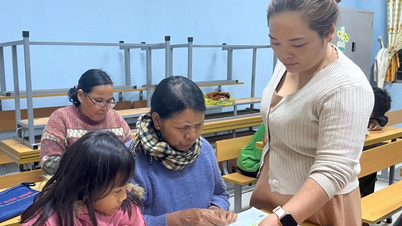


![[Video] University of Foreign Languages - Vietnam National University, Hanoi received the First Class Labor Medal](https://vphoto.vietnam.vn/thumb/402x226/vietnam/resource/IMAGE/2025/11/08/1762614378165_gen-h-z7203450341291-b1f427bb0cccc706a5bcc4b985f90a70-7234-jpg.webp)























![[Video] Hue Monuments reopen to welcome visitors](https://vphoto.vietnam.vn/thumb/402x226/vietnam/resource/IMAGE/2025/11/05/1762301089171_dung01-05-43-09still013-jpg.webp)









































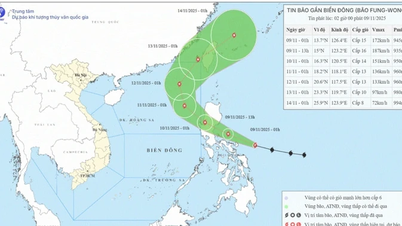



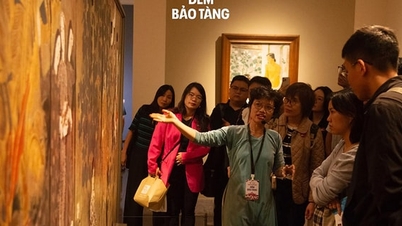














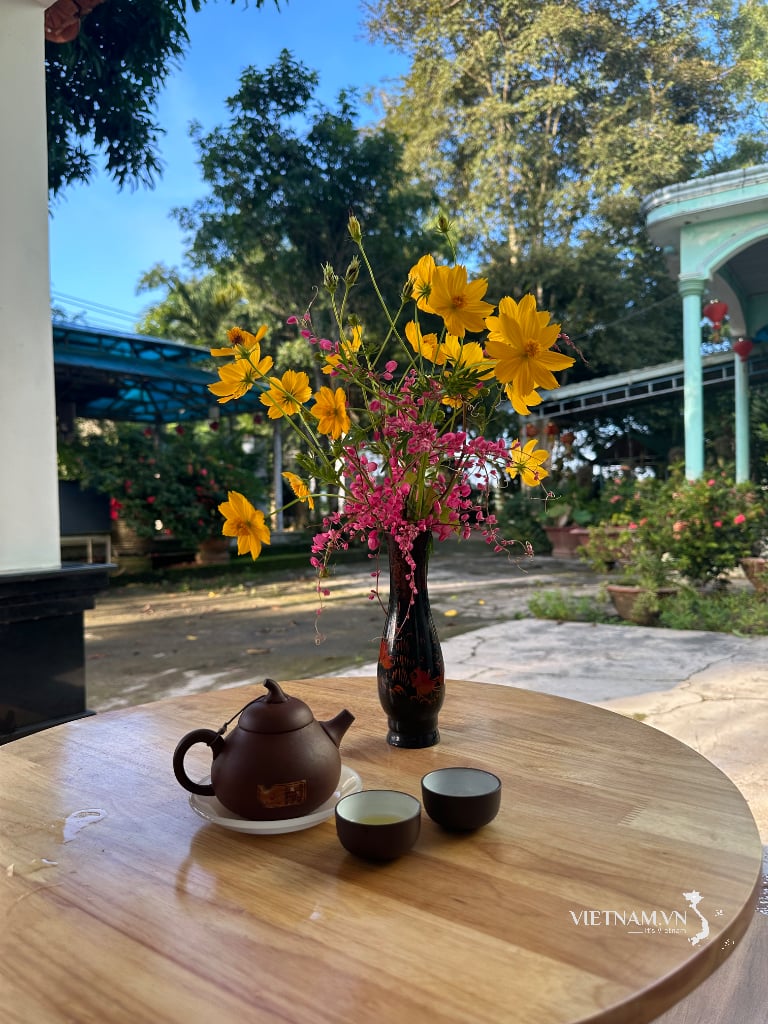

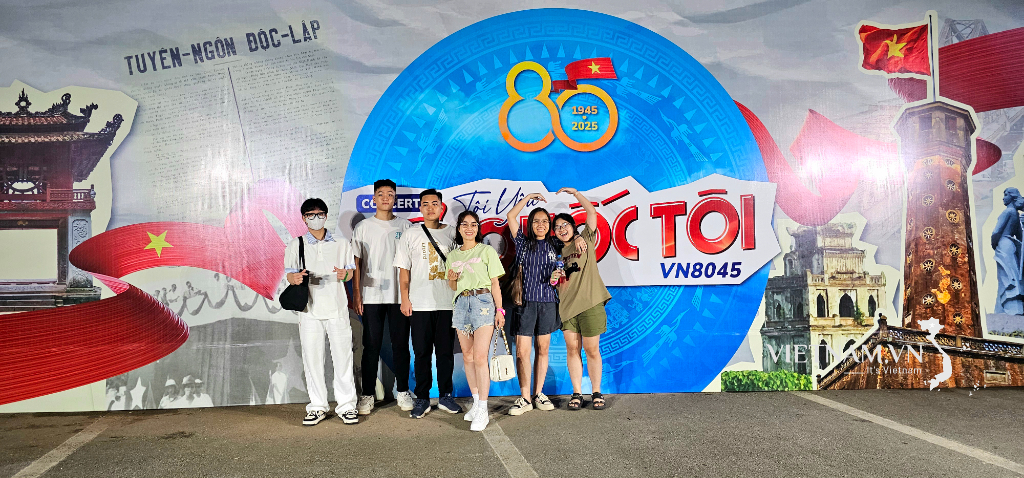
Comment (0)